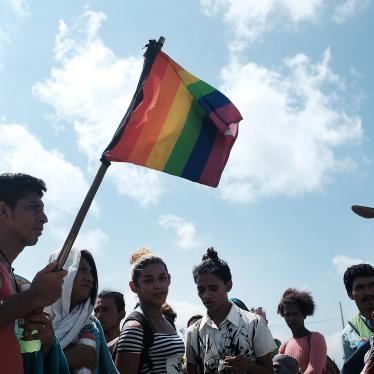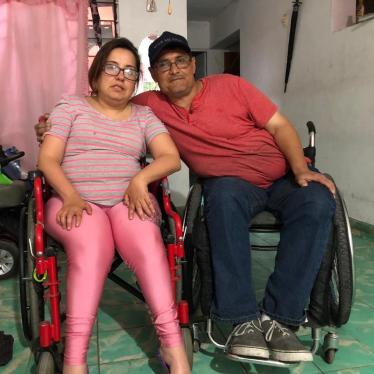The risk that journalists and human rights defenders in Mexico face just increased exponentially.
On October 21, Mexico’s Congress eliminated the independent funding that supported the program that protects journalists and human rights defenders whose lives have been threatened.
Until two weeks ago, the program’s funding had come through one of 109 now-shuttered public trusts—independent bodies designed to ensure that funding for certain causes, like disaster relief or scientific research, is flexible and apolitical.
This independent funding had enabled the program, called the Protection Mechanism for Human Rights Defenders and Journalists, to quickly and independently decide how and when to assign bodyguards, panic buttons, armored cars, and relocation assistance. These measures have helped protect 1,300 people under threat.
Earlier this month, President Andrés Manuel López Obrador, whose party controls Congress, explained he wanted the public trusts eliminated because “they were totally autonomous, without control.” But that was precisely the point.
Now, the program depends on the Interior Ministry to pay for protection measures. It is not clear whether the ministry will receive any additional funding to pay for these.
Earlier this month, the program’s leadership warned that eliminating its financial independence would make it more difficult to protect at-risk journalists and human rights defenders.
This is no joke in Mexico—one of the most dangerous countries in the world for journalists and human rights defenders. Ten journalists have been killed for their work so far in 2020; 20 human rights defenders were killed for their work in 2019. In the face of such violence, many journalists self-censor.
The program is far from perfect. Since its creation in 2012, six journalists have been killed under its protection, four under President López Obrador. But cutting its funding could put the lives of many in jeopardy.
Mexico has an international legal obligation to protect freedom of expression, including by ensuring that journalists and rights defenders can work without fear of reprisals. In 2019, the UN Office of the High Commissioner for Human Rights called on the Mexican government to ensure that the program had sufficient funding and human resources.
Instead, President López Obrador has placed the mechanism in a more precarious financial situation, increasing the risks for Mexico’s journalists and rights defenders. To avoid preventable deaths, he needs to ensure that, even under the Interior Ministry, the program receives sufficient funding and independence to keep them safe.









